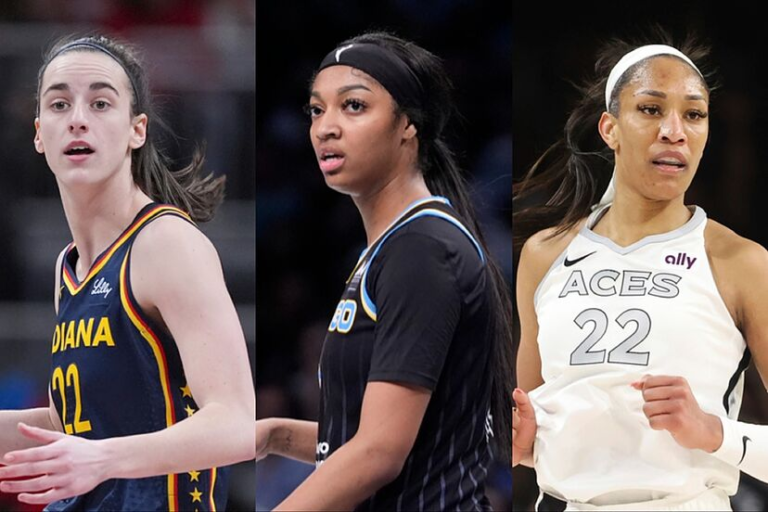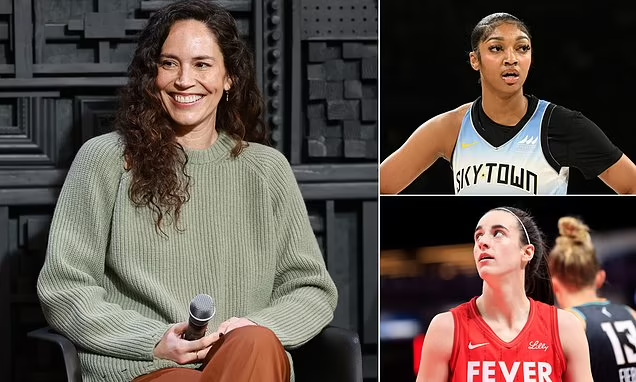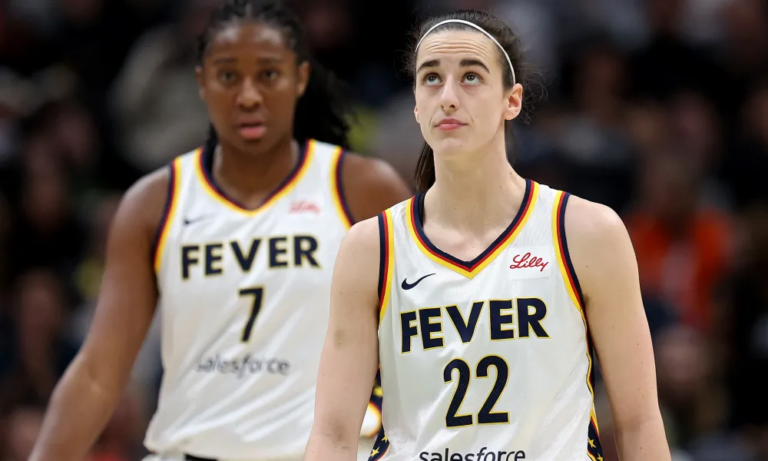
Caitlin Clark has delivered a poised and measured response to Megyn Kelly’s criticism, which arose after the commentator lambasted Clark’s remarks on white privilege. Clark, named Time magazine’s Athlete of the Year, used her platform to highlight the contributions of Black players to the WNBA, emphasizing the league’s foundation on their talent and achievements. Her acknowledgment of privilege was met with sharp disapproval from Kelly, who accused her of apologizing for her ethnicity in an inflammatory post on X (formerly Twitter).
The Indiana Fever star, celebrated for her transformative rookie season, made headlines with her candid reflections during her Time interview. Clark remarked, “I want to say I’ve earned every single thing, but as a white person, there is privilege.” She further stressed the importance of recognizing and uplifting the Black players who have shaped the league’s legacy, calling for more appreciation and investment in their contributions. This statement was misconstrued by Kelly, who characterized Clark’s comments as “condescending” and “self-flagellation,” sparking a divisive debate online.
Clark addressed the controversy during a Time dinner event on December 11, in a conversation moderated by NBC Sports host Maria Taylor. When asked about Kelly’s critique, Clark responded with unflinching composure: “One of my best skills is just blocking things out.” She emphasized that she values only the opinions of those closest to her—her teammates, coaches, and loved ones—who she trusts to have her best interests at heart. Her response underscored a commitment to remaining focused on what matters most to her, both on and off the court.
Expanding on her original comments about privilege, Clark reiterated her respect for the WNBA’s history, stating, “I know what this league was about…so many amazing Black women have been in this league. Continuing to uplift them is very important.” By centering her message on inclusivity and acknowledgment, she reaffirmed her dedication to fostering a more equitable environment within the sport. Clark’s remarks highlight her awareness of the league’s cultural foundation and her role in advocating for representation.
Additionally, during her Time interview, Clark addressed another recurring narrative—the supposed rivalry between her and Angel Reese. Despite frequent comparisons and public conjecture, she dismissed the idea of animosity, explaining that she doesn’t personally view Reese as a rival. This perspective further illustrates Clark’s ability to rise above sensationalized narratives, staying focused on her principles and the broader significance of her platform.






